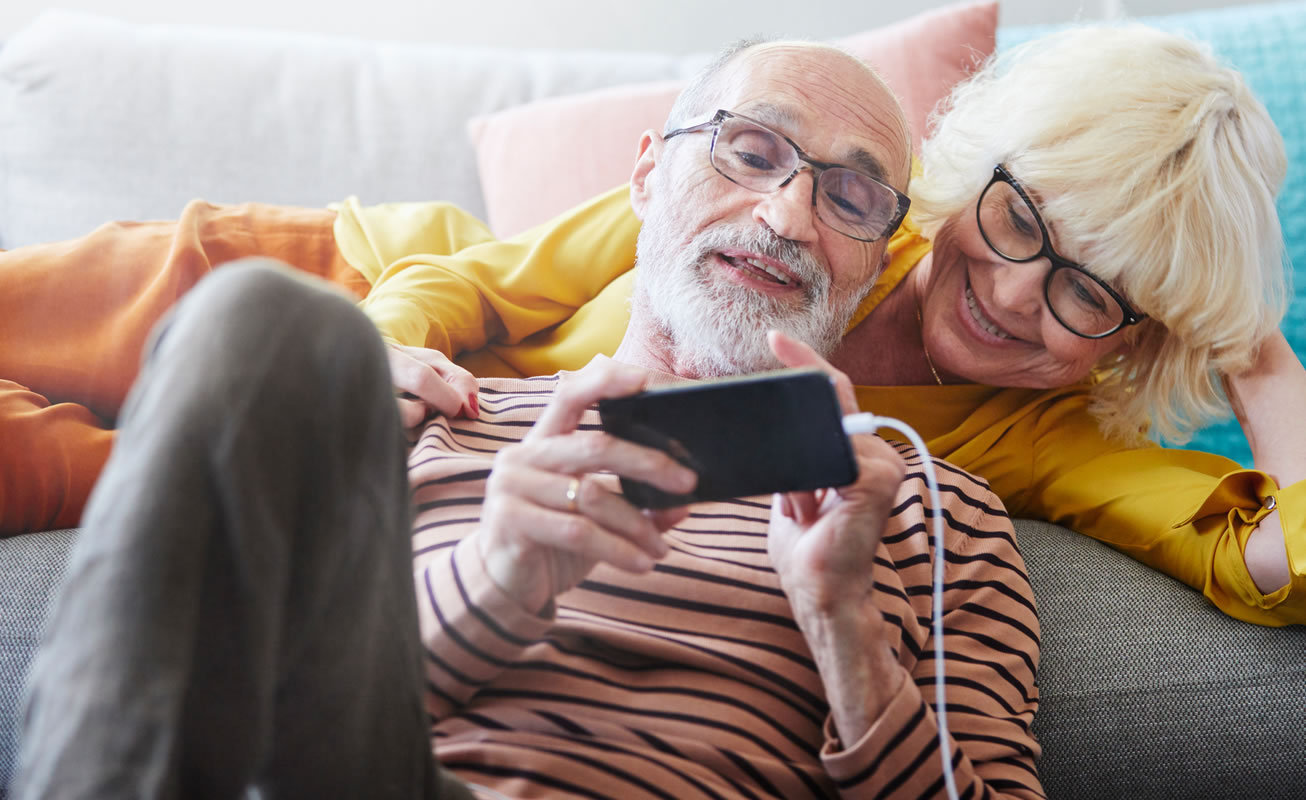SI4SI aims at creating a Smart Living Environment, feeding an AI-based system to identify different levels of isolation symptoms. Thanks to an AI Advisor, SI4SI improves decision making support while suggesting personalised activities to both Seniors and Caregivers. Furthermore, the AI Advisor feeds a Collaborative Application for Caregivers and a Smart Tablet (able to support both Video and Vocal interaction) which allows the caregivers and health practitioners can also interact with the seniors, sending input to the Tablet.
In order to perform community support SI4SI Social Platform (with just Tablet or TV UI) will permit to:
1) create a bridge between seniors and young people supporting them in wisdom transfer;
2) provide opportunities to seniors to be again involved in the leisure and social activities with volunteers supporting SME as advisors;
3) put seniors with common experience and skills in touch, creating a background knowledge for some useful domains.
SI4SI will be tested by 80 End-Users in Italy and Romania.
Objectives:
Social isolation and chronic loneliness occurs when feelings of loneliness and uncomfortable isolation go on for a long period of time. It’s characterized by constant and unrelenting feelings of being alone, separated or divided from others, and an inability to connect on a deeper level. It can also be accompanied by deeply rooted feelings of inadequacy, poor self-esteem, and delusional behaviour. Even if there are some external events that can produce social isolation of seniors, in clinical state of the art studies there are some types of activities that are symptoms of this psychological status: loss of interest in socializing or engaging in interests, dramatic changes nutrition attitudes, sleep disturbances, lethargy movement or speech is one of the signs of possible isolation, neglect of personal hygiene, cognitive decline.
To avoid social isolation and foster the participation of seniors in healthy and social behaviour we need to provide a reason for tomorrow, we need to improve caregivers’ relationships, we need to provide seniors an important role in society. Therefore, it is needed to:
1. Detect symptoms of social isolation;
2. Improve Independent Living and;
3. Create Social Inclusion.
Detect social isolation: To detect the social isolation, the consortium has defined social activities of daily living (SADL) and simple activities of daily living (ADL): SADL focus on the social activities to measure the person’s sense of community, ADL focus on self-care and abilities that the senior can do by him/herself.
The aims of SI4SI are:
1. to catch abandoned wishes of seniors and abnormal emotions of the elderly and to bring them into community and family active life projects;
2. to avoid the loss of long term “functional abilities” that are direct symptoms of social isolation;
3. to create a new purpose for their lives and active participation in social and volunteering activities, improving the quality of life, reducing the risks of social exclusion and inactivity after retirement, augmenting social cohesion between generations, better use of their potential in the development of the “silver economy”.
4. to improve the caring activities of professional, social and informal caregivers
Expected Results and Impact:
Expected Impact on the Senior’s quality of life:
• Support seniors to Live healthy, active and meaningful lives;
• Support seniors to Live independently and safely at home as long as possible with support from people in their care networks
• Support seniors to Live with dignity and be socially included
• Support informal and/or professional caregivers to reduce stress and care burden;
• Support informal and/or professional caregivers to build resilience; and
• Support informal and/or professional caregivers to improve the quality, efficiency and effectiveness of the care they provide.
Expected impact on the efficiency and sustainability of the Health and Care System:
• ICT-based solutions in this Call are expected to improve the operational efficiency and the quality of services within current and future emerging health and care systems
• Share information/improve coordination among involved stakeholders
• Increasing the early detection of risks;
• Moving towards cost efficiency in the formal sector
• Relieving pressure on health and care providers
Contact:
Andrea Valerio Chentrens
E.: a.chentrens@dstech.it
T.: +39 3664456634

